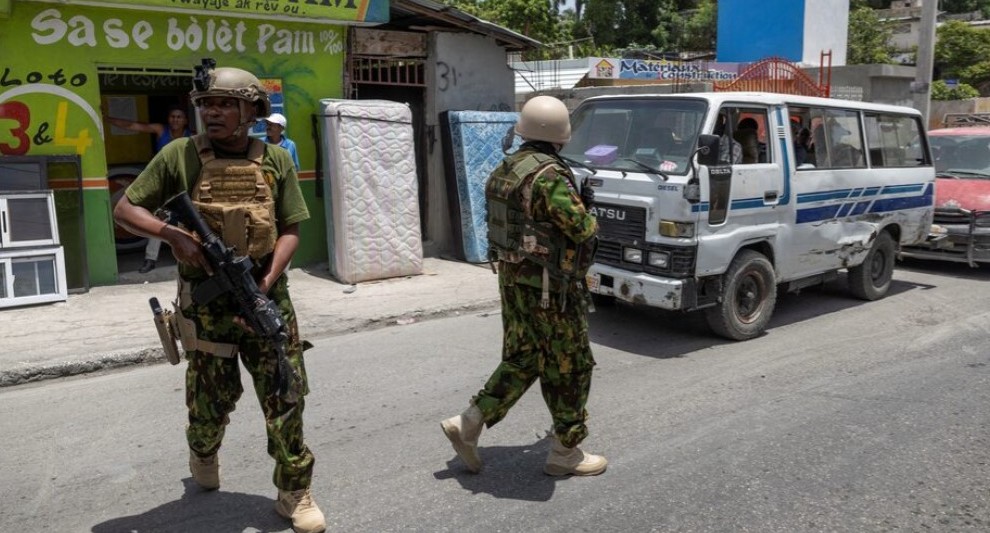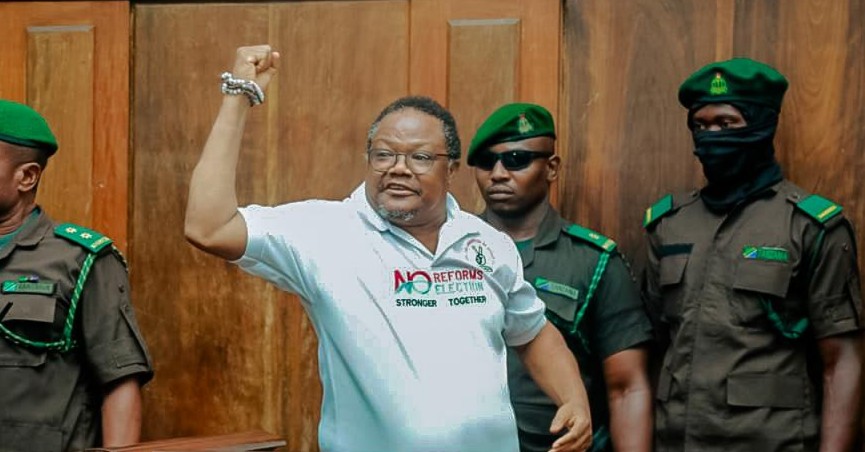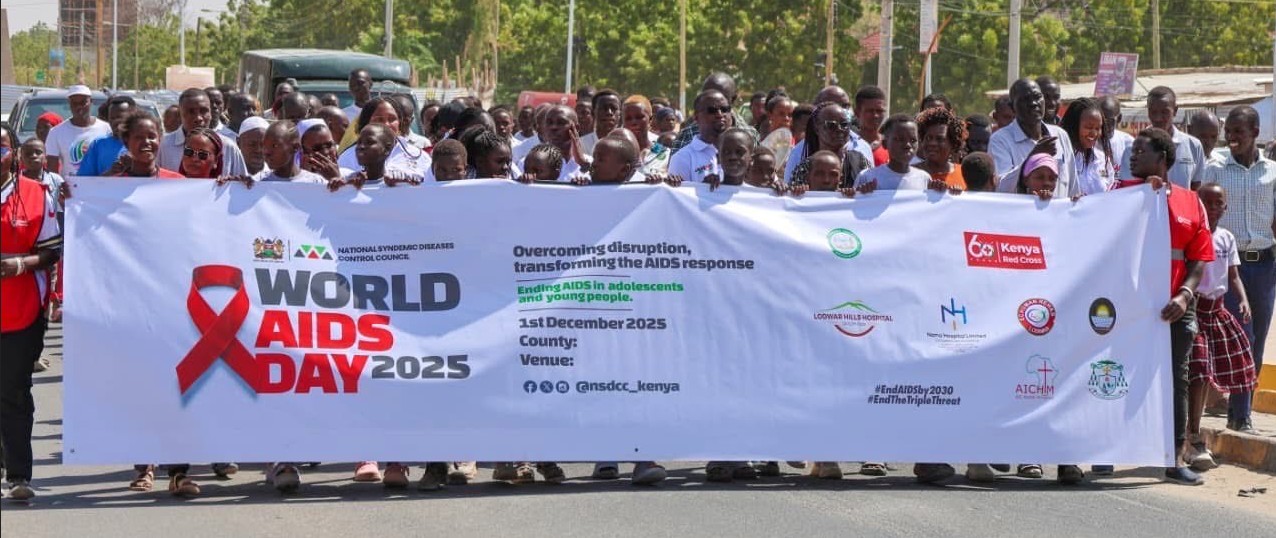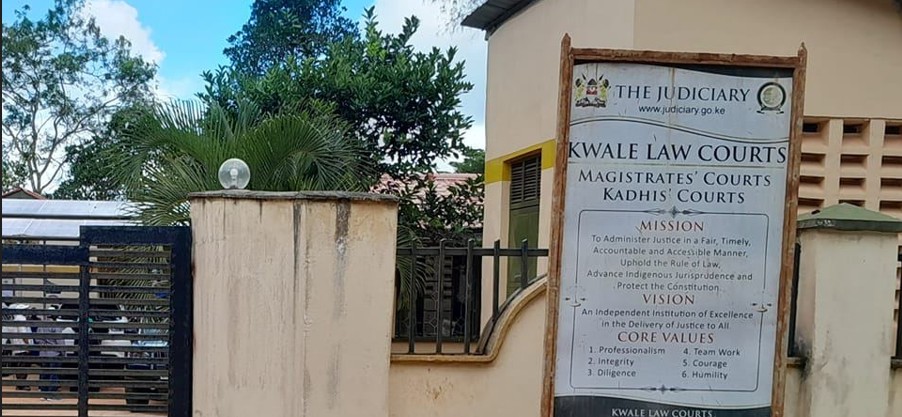Haiti turns to mercenaries as Kenyan-led mission wanes

The Haitian government has inked a deal with Erik Prince, the founder of Blackwater—a company long associated with shadowy operations and alleged war crimes in Iraq—to deploy drones and mercenaries to "neutralise" gang leaders.
As Haiti's gang-fueled crisis deepens, the embattled Caribbean nation is now turning to a familiar yet controversial alternative: American private security contractors.
According to The New York Times, the Haitian government has inked a deal with Erik Prince, the founder of Blackwater—a company long associated with shadowy operations and alleged war crimes in Iraq—to deploy drones and mercenaries to "neutralise" gang leaders.
More To Read
- ‘Kenya can’t do it alone’: US urges more nations to join Haiti’s Gang Suppression Force
- Haiti's Multi-National Security Support Mission rebrands as Gang Suppression Force, expands mandate
- Kenya welcomes new UN-backed Gang Suppression Force in Haiti
- UN Security Council approves new "Gang Suppression Force" for Haiti
- Ruto urges orderly transition in Haiti as Kenyan-led MSS mission nears end
- Family of Kenyan officer in Haiti sues state for information on his disappearance
The move comes amid mounting fatigue over the Kenyan-led Multinational Security Support (MSS) mission, a UN-backed intervention that, nearly a year since its launch, has struggled to rein in escalating violence.
Far from stabilising the situation, recent data suggests things have worsened.
At least 5,601 people were killed in Haiti in 2024, up by over 1,000 from the previous year. Alarmingly, more than 4,000 of those deaths occurred after the MSS mission began.
Prince, a former Navy SEAL turned mercenary mogul, is reportedly assembling a force of 150 contractors, many of them Haitian-American military veterans.
Sources say he has already shipped a large cache of weapons to the island and will rely heavily on drone warfare to reclaim gang-controlled zones. Human rights observers confirm that Haiti has been strapping explosives to drones for months, a practice that blurs the line between counterinsurgency and desperation.
The Trump administration, for its part, maintains it is not funding Prince's operation, and the financial terms of his contract with Haiti remain unclear.
What is clear, however, is that Haiti's central government controls barely a tenth of Port-au-Prince, and its institutions—strained, fragmented, and poorly coordinated—have proved unable to implement or support the MSS in any meaningful way.
The Kenyan-led mission, hailed at its inception as a bold symbol of South-South solidarity, is now faltering under the weight of financial gaps, local resistance, and vague institutional mandates.
Coordination with Haitian authorities has been minimal, and on-the-ground articulation is described by insiders as "wanting".
Top Stories Today














































